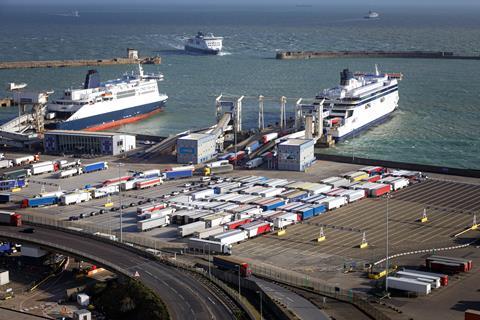
Logistics groups have warned the EU’s new border process, the Entry/Exit System (EES), could impact on trade flows due to the potential for delays caused by enhanced checks and strict time limits for travel for UK passport holders.
The phased introduction of the long-awaited EES commenced on 12 October, with coach passengers and HGV drivers – initially via the Port of Dover, Eurostar and Le Shuttle – having to undergo additional passport and biometric checks on entering the 29 countries within the EU’s Schengen area.
The registration process only needs to be completed on a passenger’s first journey after EES comes into force, and lasts for three years. The deadline for full implementation of the new, digital regime is 10 April 2026, with the system set to eventually replace the need for border officials to stamp passports.
The system will also strictly enforce a 90-day out of 180-day limit on stays in the Schengen area – prompting calls by industry body the Road Haulage Association “for a visa exemption for British-based international workers and companies impacted by these restrictions”.
The 90/180-day rule would make it “incredibly difficult for hauliers and coach companies regularly travelling from the UK”, said the RHA.
“This will impact livelihoods. The UK international road transport market is being hollowed out,” it added.
“If there aren’t changes soon, some operators will go out of business completely and will ultimately be replaced by EU-based competitors who could potentially expand into UK domestic work. The consequences are real with potential job losses across haulage and coaching sectors.”
Echoing the RHA, Logistics UK said the 90/180-day rule “does not support smooth trade between the UK and EU”, adding it was “essential the EU sticks to its assurances of a phased roll out, to ensure there are no delays and disruption for freight traffic”.
Disruption, however, was “inevitable as travellers register their details on the system, so we are urging member businesses moving goods to the continent to allow additional journey time”, said the group’s UK policy manager for trade, customs and borders Josh Fenton.
“It is essential that the new border systems are implemented gradually to keep traffic flowing and trade moving. Almost 60% of UK-EU trade in goods travels via the Short Straits, which equates to thousands of vehicles every day,” he added.
“The additional time required for passengers to register biometric details when they leave the UK has the potential to cause knock-on delays for freight traffic and disrupt the UK’s supply chain,” Fenton warned.
“It is more than just an inconvenience: our analysis shows that even a 90-minute delay for the 3.35 million HGVs that pass through the Short Straits would cost the economy £400 million per year.”
Speaking last weekend, Port of Dover CEO Doug Bannister said the organisation had “delivered significant investment and infrastructure and has been working with our partners to make the transition to full EES operations as smooth as possible”.
The port said last week that it may take up to six times longer for cars to pass through the checks when they are phased into the system next month.







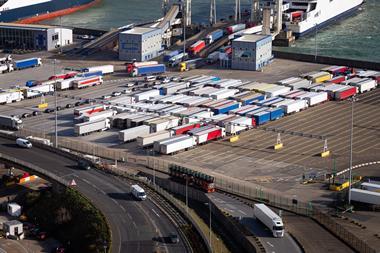
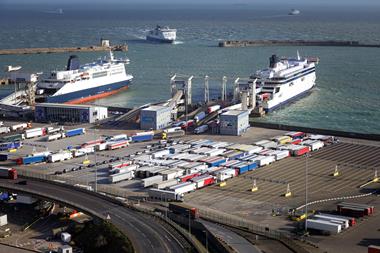


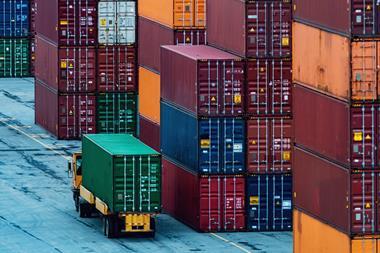
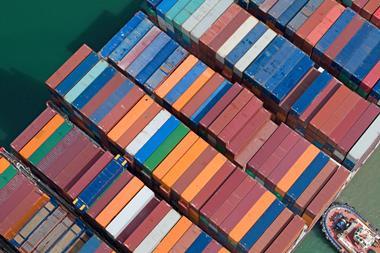






No comments yet